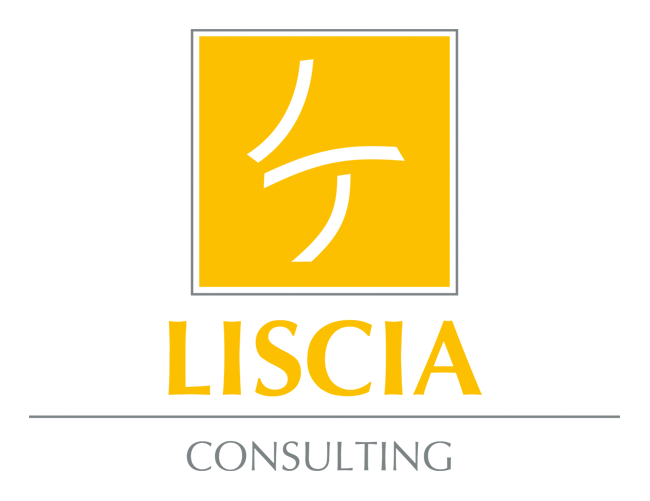When we talk about leadership responsibility, we are addressing a vital aspect of sustainability. This means present tense needs should be satisfied without compromising the future generation’s ability to meet their needs as well. According to the United Nations Commission on Environment and Development, it is important that the three dimensions of sustainability – social justice, environmental protection and economic efficiency – are given equal attention.
These three dimensions of sustainability are often summed up as People, Planet, Profit. In the context of leadership responsibility, we add a fourth dimension – Principles. By dint of their position, leaders are obligated to ensure certain principles endure, even amidst changes. The best-selling author, U.S. American Stephen Covey, spoke of this as principle-centered leadership. Paraphrasing his definition, “…when everything is constantly churning and changing, every single person must have something inside them that guides their decisions. And that is their principles.” Leaders are role models. They are responsible for firmly upholding principles, and ensuring they are also upheld by their company or team. Principles are the beacon of orientation for your co-workers. When employees witness your authentic principled behavior, your genuine strength of character, it will give them a sense of security, especially during transitional phases. Principles are not to be confused with values. Values can and must evolve with the times and circumstances. […]
Principles, however, such as honesty and reliability are intrinsic constants, before, during and after a transition. When recruiting leaders, principles are also a vital factor. The challenge facing any company aiming for sustainable activity is how quickly the new leader can come into her own. The best way to accelerate a new leader’s success is to ensure she embodies the same principles her future employer maintains and needs.
It can, however, due to altered parameters, come about that a company must adapt their values to the new situation. In this case, they must recruit leaders that uphold the desired prospective values, and not the current ones. All the same, it must be understood that success in this case comes more slowly. When new values are applied, then with enduring impact so that they are also valid beyond the current transition. And that takes time. We are often asked how that works. Our answer, “With diligence, patience, stamina and emphasis – otherwise, these values are short-lived.”
Our basic principles are primarily formed in the first six or seven years of our lives. Ergo, when a leader is in her mid-forties, her principles are nearly 40 years old and correspondingly stable. When these principles are to change, she needs a goodly stretch of time. It is simpler to hire the leader who embodies today the principles I need tomorrow and has already been upholding them for forty years. He will successfully represent and pass on precisely these principles.
Consequently, we can only reiterate our appeal to companies: Direct your recruiting strategy toward a candidate’s principles and values instead of concentrating on field competence and/or experience. The fact of the matter is, our principles and values are the main engine driving our behavior. If my first priority as an employer is the compatibility of a candidate’s principles and values with my own, and not her field competence, I will discover that transitions are not only easier and more firmly implemented, they are also more successful.
An excerpt from the book „WORKBOOK RESPONSIBILITY – Showing responsibility for decisions made, for employees and for oneself“ written by Gianni, Jan & Marcello Liscia, 2018



